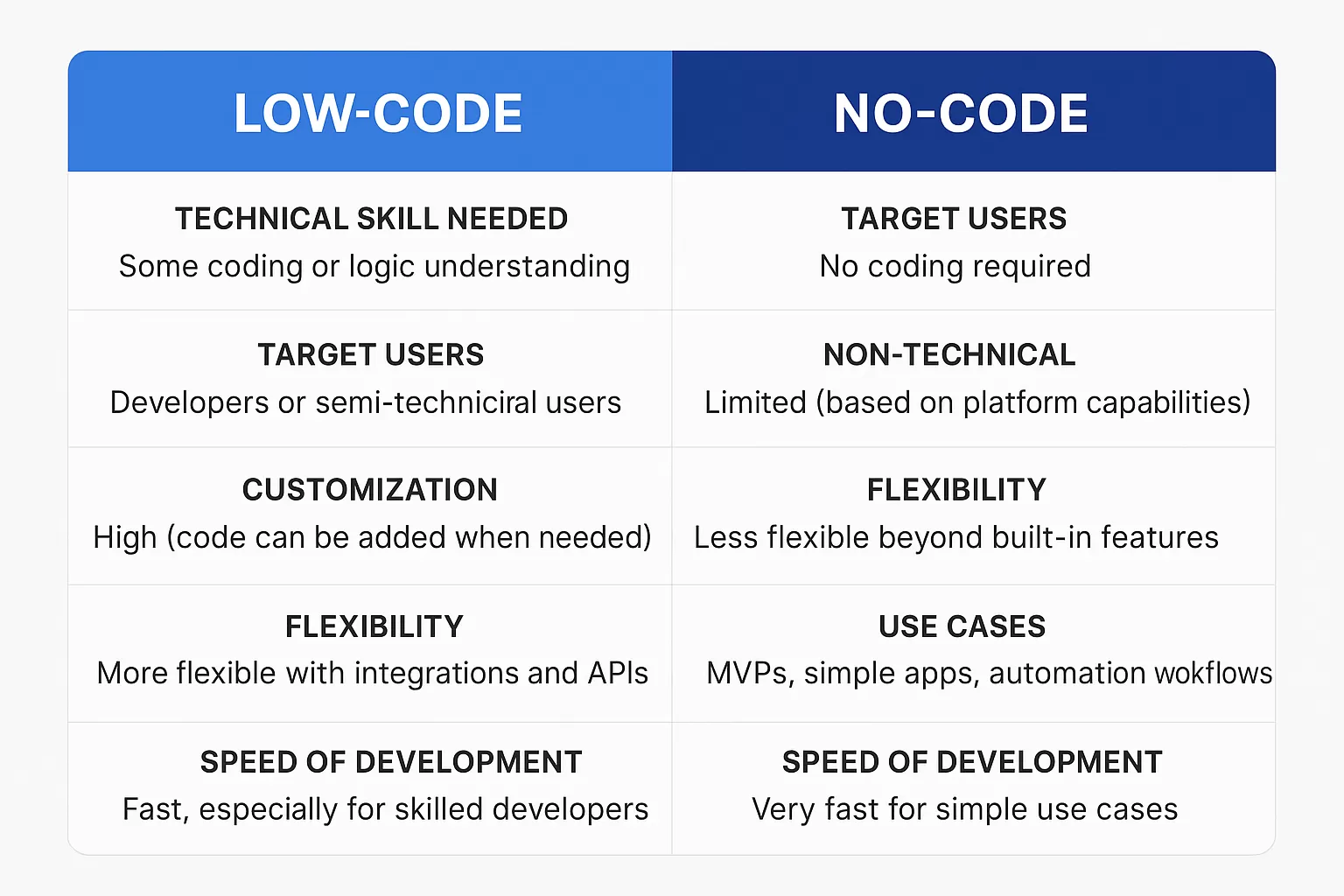
- Services .
- Industries .
- Company .
Explore detailed insights, expert opinions, and updates in our blog. Stay informed, discover new perspectives, and enhance your knowledge with every read.

Artificial Intelligence is no longer a distant concept in the realm of international relations—it is actively reshaping how nations conduct diplomacy, interpret global trends, and make strategic decisions. As the geopolitical landscape grows increasingly complex, governments and institutions are turning to AI to support foreign policy analysis in ways that were previously unimaginable.
At its core, foreign policy has always been about navigating a delicate web of political, economic, and security interests. Traditionally, diplomats and analysts relied on human expertise, historical precedent, and intelligence reports to formulate responses and shape national strategies. However, with the exponential growth of global data—from news cycles and social media to economic indicators and satellite imagery—traditional tools are proving insufficient to manage the scale and speed of information.
This is where artificial intelligence is stepping in. Through advanced machine learning models, AI can now process vast volumes of unstructured data in real time, identify patterns, and provide predictive insights. For instance, sentiment analysis tools can evaluate the tone of foreign leaders' speeches or track public opinion across countries. AI can also map the spread of disinformation, flag coordinated digital campaigns, or detect early signs of conflict escalation by monitoring online chatter and military activity.
In addition to analysis, AI is being used to simulate the potential outcomes of diplomatic moves. Governments are investing in AI-driven models that assess the potential ripple effects of sanctions, treaty changes, or military deployments—helping decision-makers better understand the strategic consequences of their actions before implementing them. These systems do not replace human judgment, but they offer a new layer of support that can enhance situational awareness and reduce blind spots.
Beyond national governments, international organizations and think tanks are also exploring AI applications in diplomacy. The United Nations has launched pilot programs that use AI to track human rights violations and monitor crisis zones. Meanwhile, research institutions are leveraging AI to study global development trends, analyze aid effectiveness, and model climate-related geopolitical risks.
However, the integration of AI into foreign policy is not without concerns. One of the most pressing issues is transparency. Many AI models operate as “black boxes,” offering conclusions without clear explanations. In matters of global diplomacy—where accountability is critical—this lack of interpretability raises ethical and strategic risks. Moreover, the possibility of AI-driven misinformation or biased algorithms influencing policy decisions remains a real challenge.
To address these risks, there is growing interest in developing “explainable AI” for the policy domain—systems that not only produce results but also justify them in ways that human analysts can understand and validate. Additionally, experts emphasize the importance of human oversight and the need for international norms around AI use in diplomacy, including safeguards against the weaponization of AI in cyber warfare or political manipulation.
Ultimately, artificial intelligence is not replacing diplomacy—it is transforming how it operates. The tools of negotiation, analysis, and strategic communication are being augmented by technology, enabling governments to respond more swiftly and intelligently to global challenges. In an era marked by unpredictability and rapid change, AI offers a new paradigm for foreign policy: one where data-driven insights, if used responsibly, can support more informed and effective decision-making.
As this shift continues, the countries that can best integrate AI into their foreign policy infrastructure—while maintaining ethical standards and democratic accountability—are likely to set the tone for the next chapter in global diplomacy.

How AI and 5G Are Reshaping the Future of Telecom

How AI Is Shaping the Future of Entertainment Content

Solving Tech Debt: Smart Strategies That Boost Growth

Software Developer vs. Software Engineer: What’s the Difference?

Low-code vs. no-code app development

What Is Digital Transformation? A Modern Business Guide

Top Challenges in Enterprise Application Development & Their Solutions

Complete SaaS Application Development Guide 2025

How Programming Outsourcing Works in 2025

The Psychologist Improving Education with AI Tools